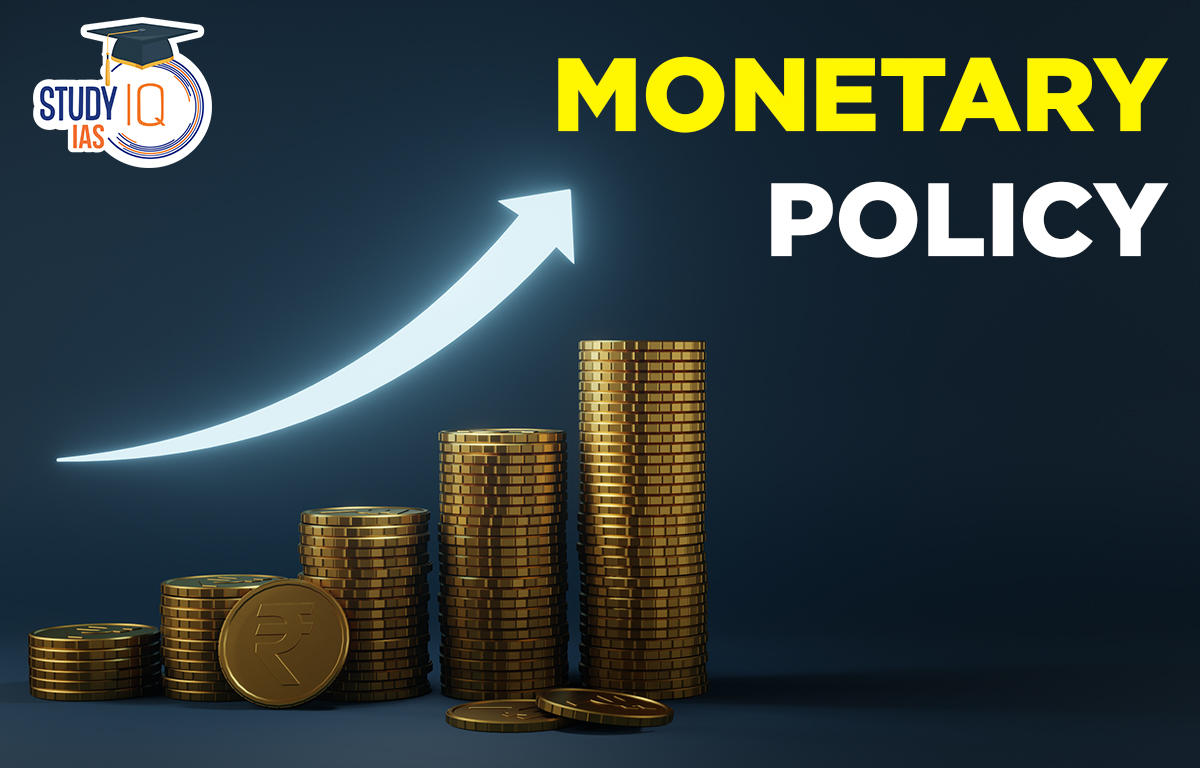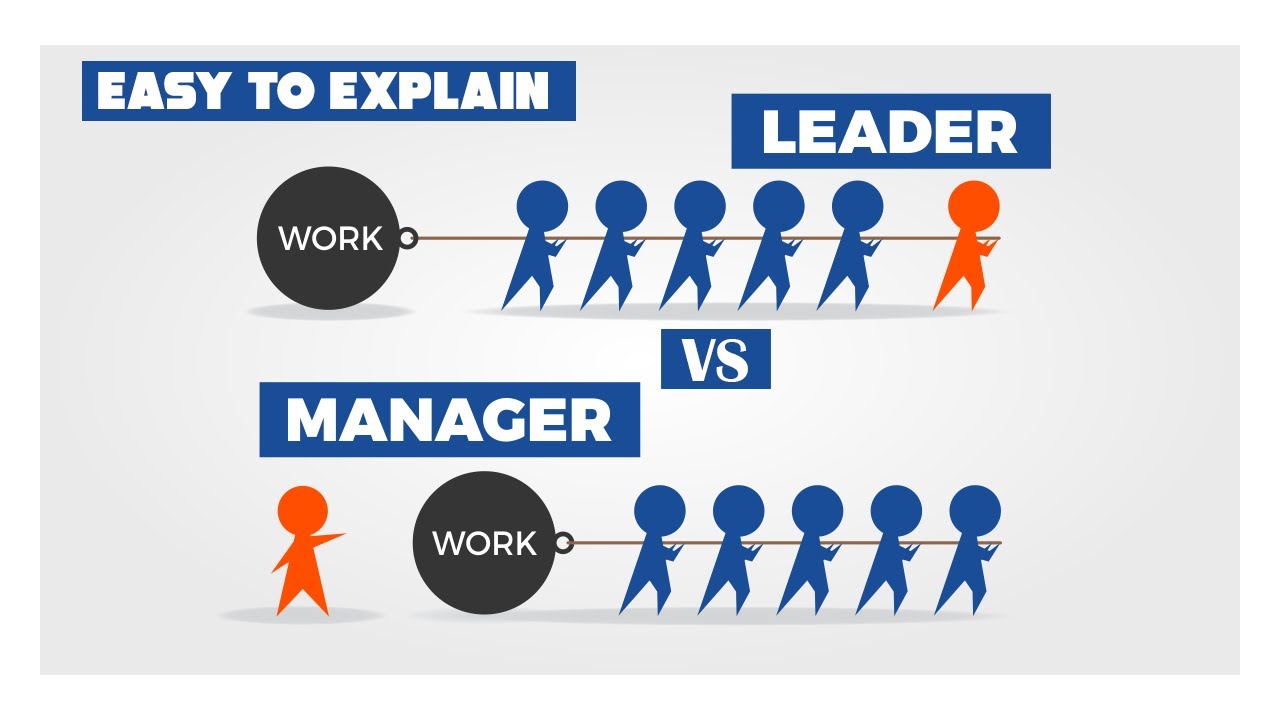The TikTok Effect: How Social Media Shapes ADHD Understanding

Table of Contents
The Rise of ADHD Content on TikTok and Other Social Media Platforms
The prevalence of ADHD content on social media platforms like TikTok is undeniable. This increased visibility has significantly impacted how the public perceives and understands ADHD.
Increased Visibility and Awareness
- TikTok influencers and other social media personalities are sharing their personal experiences with ADHD, creating relatable content that resonates with a wide audience.
- Educational videos and infographics explaining ADHD symptoms, diagnosis, and management strategies are becoming increasingly common, boosting overall ADHD awareness.
- Social media campaigns by organizations and individuals are raising awareness and promoting understanding of this neurodevelopmental condition.
- Viral videos featuring relatable struggles and humorous takes on ADHD life are contributing to destigmatization, fostering a sense of community and normalization. This increased visibility and relatable content are helping to break down stereotypes and prejudices associated with ADHD.
Challenges of Unverified Information
While the rise of ADHD content is positive, it also brings significant challenges. The ease with which information spreads online, regardless of its accuracy, leads to several concerns:
- The spread of misinformation about ADHD symptoms, causes, and treatments is a significant concern. Unverified information can lead to confusion and potentially harmful decisions.
- The rise of self-diagnosis based on TikTok trends is alarming. While sharing experiences is valuable, it's crucial to remember that online information should not replace professional medical assessment.
- Many unqualified individuals offer advice on ADHD diagnosis and treatment, potentially leading to unsafe or ineffective strategies. Relying solely on online resources for such a complex condition is risky.
- The lack of regulation and verification on many platforms allows for the spread of potentially harmful trends and misleading information regarding ADHD management.
Positive Impacts of Social Media on ADHD Understanding
Despite the challenges, social media platforms offer significant positive impacts on ADHD understanding:
Community Building and Support
- Social media facilitates the creation of supportive ADHD communities, connecting individuals who share similar experiences.
- Online support groups provide a safe space for sharing struggles, coping strategies, and celebrating successes.
- The sense of peer support and shared understanding reduces feelings of isolation and promotes resilience.
- Social connection, even online, is vital for individuals with ADHD who may face social challenges in their daily lives. This online connection can provide crucial emotional support and practical advice.
Increased Advocacy and Understanding
- Social media amplifies the voices of individuals with ADHD, promoting ADHD advocacy and driving conversations about neurodiversity.
- Increased representation of diverse experiences helps challenge stereotypes and fosters greater empathy and understanding.
- Successful social media campaigns have raised awareness of ADHD and promoted positive changes in schools, workplaces, and society as a whole.
- Open discussions about neurodiversity and inclusivity are promoting a more accepting and supportive environment for those with ADHD.
Negative Impacts of Social Media on ADHD Understanding
While social media offers benefits, certain negative impacts need consideration:
The Oversimplification of ADHD
- TikTok's short-form video format often leads to oversimplification of ADHD, neglecting the condition's complexity and diverse presentations.
- Simplified portrayals can create inaccurate understandings of ADHD symptoms and the ADHD diagnosis criteria.
- Misconceptions about ADHD are perpetuated through inaccurate or incomplete information shared on social media.
- It is crucial to differentiate between common experiences shared online and the formal diagnostic criteria established by healthcare professionals.
The Pressure of "Trending" ADHD Strategies
- The pressure to conform to perceived "norms" related to ADHD management can be detrimental. What works for one person may not work for another.
- Harmful trends related to ADHD treatment or coping mechanisms may emerge and spread rapidly, potentially causing harm.
- Unrealistic expectations set by influencers or online communities can lead to disappointment and frustration.
- Individualized approaches to ADHD treatment and coping mechanisms are crucial, and what works for one person might not work for another. Relying solely on trending strategies can be dangerous.
Conclusion
"The TikTok Effect" presents a double-edged sword. While social media platforms like TikTok have undoubtedly increased the visibility and understanding of ADHD, they also present challenges related to misinformation and the oversimplification of this complex neurodevelopmental condition. The increased visibility of ADHD through social media campaigns and personal stories has led to improved community building and advocacy, but critical consumption of online information is paramount. While increased ADHD awareness is a positive outcome, the potential for misinformation remains a concern.
Therefore, approach social media content on ADHD with a critical eye. Seek reliable information from trusted sources and qualified professionals. Learn more about accurate ADHD information from reputable organizations like the [insert relevant organizations here] to avoid misinformation and make informed decisions about your health and well-being. Responsible consumption of information is key to fostering a better understanding of ADHD and its effective management.

Featured Posts
-
 Canadian Voters Face Crucial Election Amidst Us Trade War And Annexation Fears
Apr 29, 2025
Canadian Voters Face Crucial Election Amidst Us Trade War And Annexation Fears
Apr 29, 2025 -
 David Rosenberg Bank Of Canadas Timid Monetary Policy Under Fire
Apr 29, 2025
David Rosenberg Bank Of Canadas Timid Monetary Policy Under Fire
Apr 29, 2025 -
 Las Vegas Police Search For Missing British Paralympian Sam Ruddock
Apr 29, 2025
Las Vegas Police Search For Missing British Paralympian Sam Ruddock
Apr 29, 2025 -
 Where Could White Lotus Film Next Ideal Locations Explored
Apr 29, 2025
Where Could White Lotus Film Next Ideal Locations Explored
Apr 29, 2025 -
 Middle Managers The Bridge Between Leadership And Workforce
Apr 29, 2025
Middle Managers The Bridge Between Leadership And Workforce
Apr 29, 2025
 50 Godini Praznuva Lyubimetst Na Milioni
50 Godini Praznuva Lyubimetst Na Milioni
